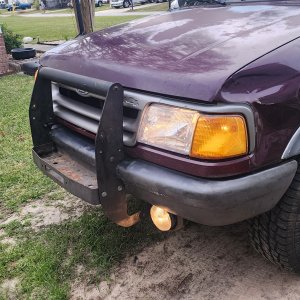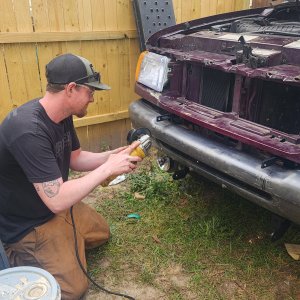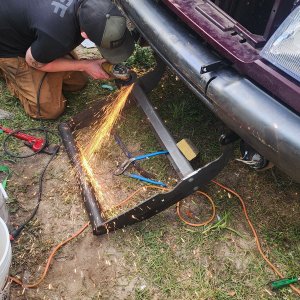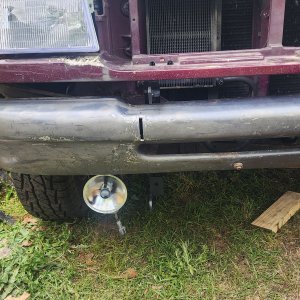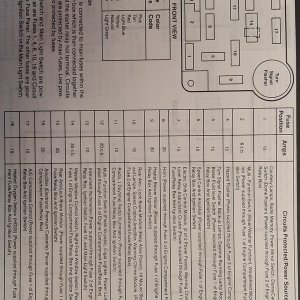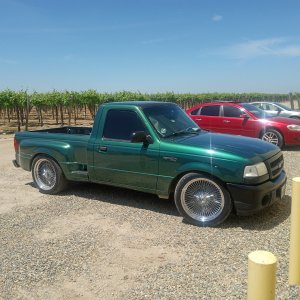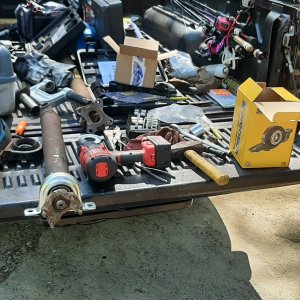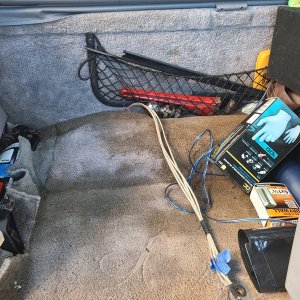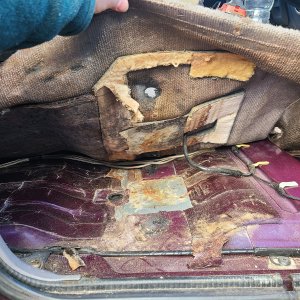zedx
New Member
- Joined
- Dec 21, 2007
- Messages
- 47
- Reaction score
- 0
- Points
- 0
- Location
- KCK
- Vehicle Year
- 1993
- Make / Model
- Ford
- Engine Size
- 4.0
- Transmission
- Manual
it's a 4.0 5speed
runs rough from start, intermittently runs correctly. runs like this for as much as 40 miles then runs correctly till you stop for gas again (couple hundred miles).
in the last few months I have replaced all the injectors, pressure regulator, MAF sensor, TP sensor, plugs, (most recent) plug wires, fuel filter, and coil pack.
the injectors, pressure regulator, MAF and TP were replaced because of codes and I thought I had some contaminated fuel.
the codes I am getting now say that both o2 sensors are reading lean and rich. any ideas on where I should start looking?
I have checked the plugs and they are normal. I replaced the coil pack because it had too many ohms across plug to plug.
runs rough from start, intermittently runs correctly. runs like this for as much as 40 miles then runs correctly till you stop for gas again (couple hundred miles).
in the last few months I have replaced all the injectors, pressure regulator, MAF sensor, TP sensor, plugs, (most recent) plug wires, fuel filter, and coil pack.
the injectors, pressure regulator, MAF and TP were replaced because of codes and I thought I had some contaminated fuel.
the codes I am getting now say that both o2 sensors are reading lean and rich. any ideas on where I should start looking?
I have checked the plugs and they are normal. I replaced the coil pack because it had too many ohms across plug to plug.




